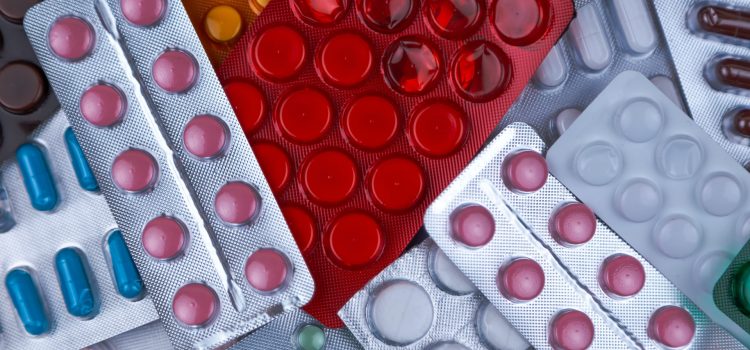

This article is an excerpt from the Shortform book guide to "Lost Connections" by Johann Hari. Shortform has the world's best summaries and analyses of books you should be reading.
Like this article? Sign up for a free trial here .
What is the effect of placebo antidepressants on depression? What is the harm in using placebo drugs to treat depression?
Placebo antidepressants work by stimulating the drug user’s belief in the power of the treatment to cure depression. The drug itself cannot cure depression, it is the placebo effect of using the drug that instigates improvement in the patient. The harm comes from the side effects of antidepressants which include weight gain, sexual dysfunction, and increased risk of diabetes.
Read on to learn more about the effect of placebo antidepressants.
The Effect of Placebo Antidepressants
The widespread belief that placebo antidepressants are a cure-all is partly due to the placebo effect. The idea behind the placebo effect is that every medical treatment actually has two parts: the treatment itself and the story that goes with it. For example, when you take medicine for a headache, you don’t just swallow a pill—you swallow a story about how that particular medicine can cure headaches. Your belief in the power of the treatment can sometimes create the same physical results as the treatment itself. So even if that headache medicine is actually an inert sugar pill, your headache may very well disappear.
When someone’s symptoms improve as a result of a placebo, the improvement isn’t “all in their head”—placebos can create real, measurable changes in the body, like reducing inflammation or curing stomach ulcers. During World War II, an American doctor even used the placebo effect to operate on wounded soldiers without painkillers. The overwhelmed clinic had run out of morphine, so the doctor improvised and gave patients a saltwater drip that he told them was morphine. He then successfully performed surgery without the soldiers howling in pain or going into physical shock—which should be impossible without painkillers.
The Placebo Effect and Antidepressants
In the 1990s, Dr. Irving Kirsch and his research team set out to unravel just how big a role the placebo effect plays in antidepressant success rates. They conducted a meta-analysis of every published study of placebo antidepressants, comparing the results of three groups across every study: a treatment group (that got the real medication), a placebo group (that got a sugar pill), and a control group (that got no pill at all). The control group was critical—it made it possible to calculate what percentage of people would get better on their own, with no drug and no story.
By accounting for natural healing and the placebo effect, Kirsch and his team were able to calculate exactly how much the actual chemicals in antidepressants were affecting people. The results were shocking: only 25% of the positive effects of antidepressants were due to the chemicals themselves. Natural recovery accounted for another 25%, and the additional 50% came down to the placebo effect. Researchers tested and retested this data and got the same answer every time: most of the relief people feel when taking placebo antidepressants doesn’t come from the actual drug.
What’s the Harm as Long as It Works?
Some people argue that the fact the placebo effect is responsible for most of the positive effects of placebo antidepressants doesn’t mean that antidepressants aren’t useful or that the relief they provide isn’t real. It just means that the brain is providing most of that relief all by itself simply thanks to a person’s belief in the drug’s impact, without requiring the chemical boost of the drug. Therefore, they argue, what’s the harm in continuing to prescribe anti-depressants if they do give people relief—even if that relief doesn’t occur for the reason we’d expect?
Arguably, the harm in continuing to prescribe these drugs comes from their side effects. The side effects of antidepressant drugs are very real and come from the chemicals themselves, not a placebo effect. In general, these effects include weight gain, sexual dysfunction, and an increased risk of type 2 diabetes. Certain groups are even more at risk: For young people, antidepressants increase the risk of suicide; for older people, they increase the risk of stroke; for pregnant people, they increase the risk of miscarriage and birth defects. That’s a very serious set of risks for a drug that only really provides a placebo effect.

———End of Preview———
Like what you just read? Read the rest of the world's best book summary and analysis of Johann Hari's "Lost Connections" at Shortform .
Here's what you'll find in our full Lost Connections summary :
- The psychological and social factors that contribute to mental illness
- The history of antidepressants and the science behind them
- Why Amish people hardly ever get depressed






